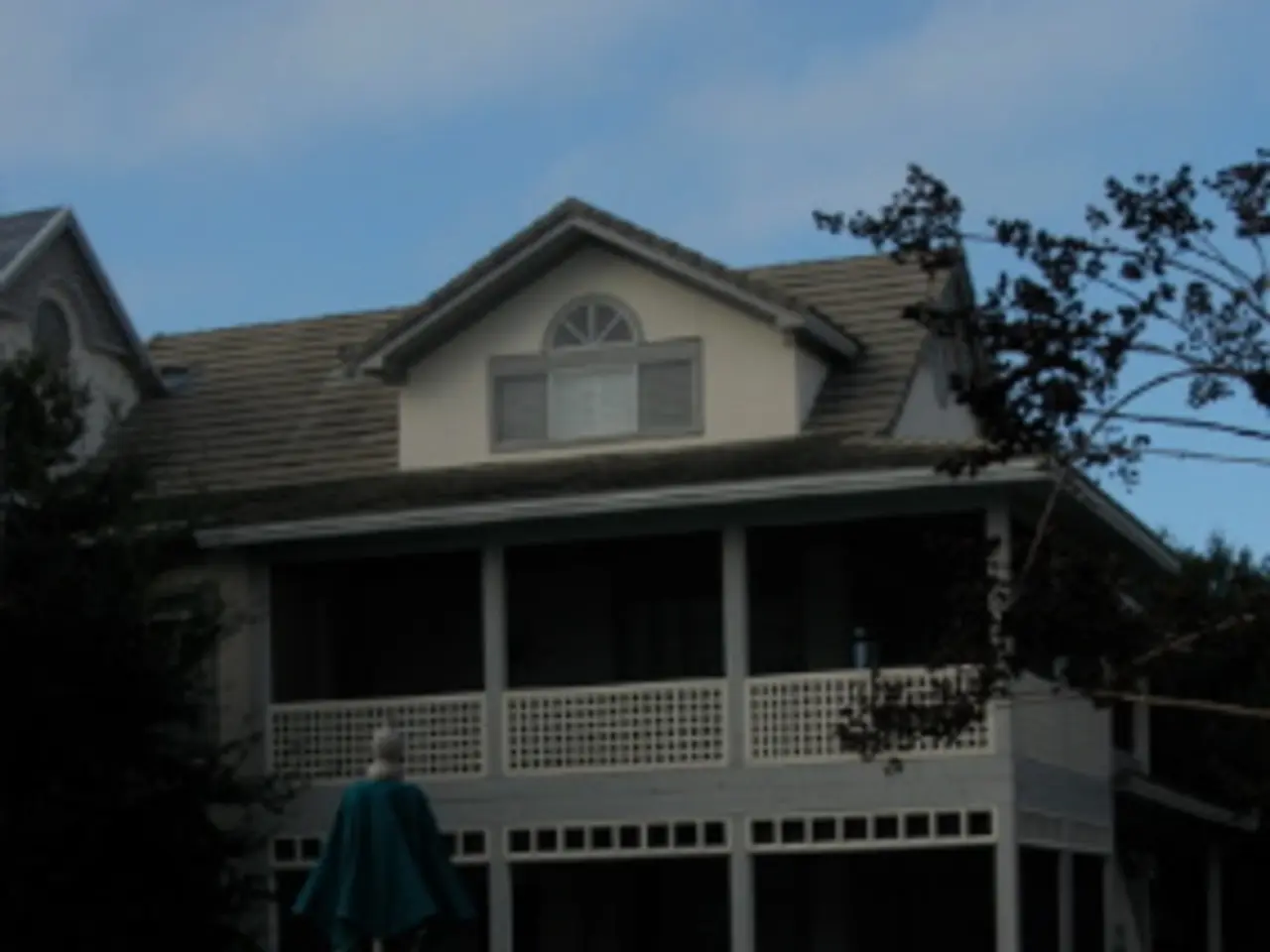Transform your outdoor space with a unique pool layout tailored to your preferences
In the pursuit of creating the perfect backyard oasis, swimming pools have emerged as a popular home improvement project among American households. This article will guide you through the various aspects of building a custom pool, from dimensions and water capacity to construction timelines and budgeting.
Establishing a rapport with your pool builder is essential for a successful project. Fostering cooperation and communication throughout the process can lead to a more satisfying final result. Pool designers and builders utilise advanced software to model the yard's landscape, ensuring that the pool is tailored to your space.
The typical dimensions of custom home pools vary by type, but lap pools often measure between 30 to 40 feet in length, 6 to 10 feet in width, and 4 to 6 feet in depth. More general inground pools tend to be about 300 to 400 square feet in surface area, with depths around 6 to 7 feet at the deep end. However, the exact size depends on design preferences, yard space, and intended use.
Regarding water capacity, a rough estimate can be made based on size. For example, a 40 ft × 10 ft × 4 ft pool contains approximately 11,900 gallons (40 × 10 × 4 ft = 1,600 cubic feet × 7.48 gallons/cubic foot). Custom pools will vary, but this provides a ballpark figure.
The construction timeline for custom pools generally ranges from 6 to 12 weeks, depending on design complexity, permitting, weather, and materials used. Specifically, vinyl liner pools tend to take about 2 to 3 weeks, while concrete or gunite pools often need 6 to 8 weeks to build. The process includes consultation, design, site preparation, construction, finishing, and final inspection.
Strategic budgeting and planning provide clarity and control over the costs of a custom pool. The upfront expense includes design, excavation, construction, and finishing. Choosing energy-efficient pumps and sustainable materials can reduce a pool's ecological footprint, offering an added benefit to homeowners.
Incorporating customised features like waterfalls, lighting, and unique shapes sets a pool apart. A custom pool can boost a home's market value and potentially increase its appeal to potential buyers. Adding a pool can set a home apart, enhancing social gatherings and family fun.
Choosing the right pool builder is crucial for a satisfying final result. Look for a pool builder with a strong portfolio and positive client testimonials. Discussing ideas and expectations with potential builders ensures alignment with your vision. Trust and transparency with your builder can make the construction process smoother and more efficient.
In summary, building a custom pool involves careful planning, collaboration with pool designers and builders, and a commitment to quality materials and craftsmanship. With the right approach, you can create a backyard oasis that provides enjoyment for years to come.
Art and design play significant roles in customizing a pool, as waterfalls, lighting, and unique shapes can elevate the overall aesthetic appeal. These features not only enhance the value of a home but also enrich lifestyle and home-and-garden settings. (lifestyle, home-and-garden, waterfalls, lighting, unique shapes)
Homeowners can find numerous tutorials online to learn about various aspects of building a custom pool, from initial design to finish. Partaking in these resources can serve as a valuable source of inspiration and knowledge for achieving the perfect backyard oasis. (tutorials, design, backyard oasis)
Remodeling and improving homes, including home-improvement projects such as custom pools, can positively impact the home's market value and market appeal. A strategically designed, energy-efficient pool can differentiate a home from others and attract potential buyers. (home-improvement, market value, market appeal)




